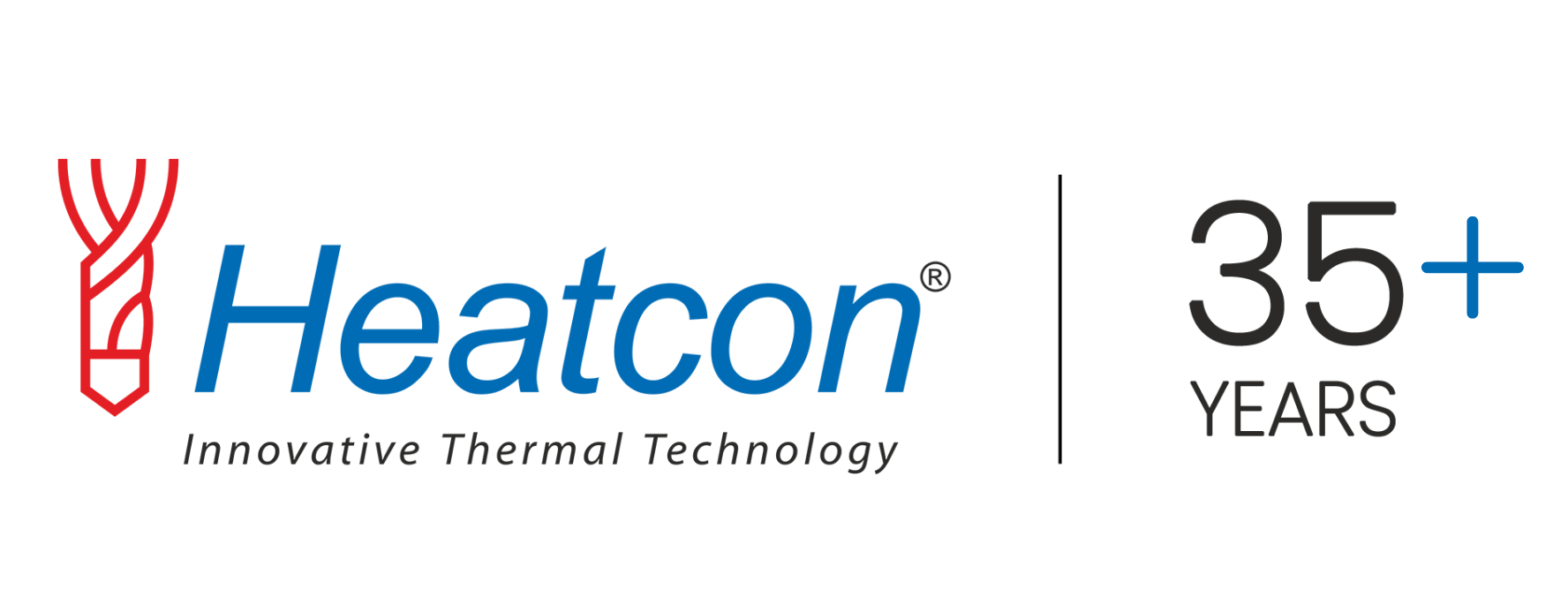A Statistical Overview of the Industrial Needs of Different Gauges Types
In modern-day industries, precise temperature sensing is very crucial for ensuring safe & efficient operations. In fact, studies published in the Industrial Safety Journal tell that more than forty percent of industrial accidents are directly linked to equipment overheating & lack of proper temperature control. This alarming statistic emphasizes the essential role of temperature gauge types & types of gauges used across various sectors to maintain precise readings & ensure equipment reliability. Let us explore temp gauge types, their features, & applications and discuss why selecting the right types of temperature gauge is very much essential for your industrial setup.
What is a Temperature Gauge?
A temperature gauge happens to be a device that is utilised for measuring & displaying the temperature in any given process environment or industrial material. Such gauges tend to be found in various applications, from automotive engines to intricate industrial machinery. These gauges work by detecting temperature changes, usually done by using materials, which expand or contract in response to temperature variations. The specific type of gauges chosen for an application can impact its accuracy, efficiency, & durability, making it quintessential to understand the distinctions among different types gauges to find the right fit.
Gauges Types
- Bimetallic Temperature Gauges: Bimetallic gauges use 2 different metals bonded together, each expanding at different rates as the temperature changes. Such a construction tends to allow the gauge to respond rapidly to variations in temperature, making it ideal for many industrial applications. Bimetallic gauges are often used in the HVAC systems & industrial machinery, as these provide durable & cost-effective temperature measurements.
- Gas-Actuated Temperature Gauges: Gas-actuated gauges use gas pressure changes to indicate temperature variations. The gas within the gauge expands or contracts with temperature alterations, moving the needle on the dial to display an exact reading. Such gauges are perfect for extreme temperature environments, as they can provide accurate readings across a wide temperature range. Types of temperature gauge that are gas-actuated are usually found in petrochemical & chemical processing industries.
- Liquid-Filled Temperature Gauges: These gauges tend to contain a fluid that expands or contracts with temperature variations. Such gauge type is highly responsive to temperature fluctuations, making it reliable in applications where precision is needed. These are usually utilised in refrigeration & HVAC systems, where exact temperature monitoring is much needed for maintaining the system’s effectiveness. The liquid also helps dampen the effect of vibrations, ensuring a stable reading in fluctuating environments.
- Resistance Temperature Gauges: Such detectors tend to measure temperatures based on the resistance of a metal (typically platinum), which change with temperature. Such gauges are known for their high accuracy. These are commonly utilised in labs & high-precision industrial processes. These type of gauges are ideal for applications, which need uniform temperature measurement over extended periods.
- Thermocouple Temperature Gauges: Thermocouples generate a small voltage proportional to temperature differences between 2 metals. This type of temperature gauge is vastly utilised in different applications as it is cost-effective & highly versatile. Thermocouples are commonly found in industrial furnaces, kilns, & other high-temperature environments where durability & exactness are key.
- Mercury-in-Glass Temperature Gauges: Mercury-in-glass gauges are one of the oldest gauges types still in use today. Such gauges work by observing the expansion of mercury in a glass tube. While they give accurate readings, their use has declined due to mercury’s hazardous nature as well as its environmental impact. But they are still utilised in specific applications where high accuracy is needed.
Features of Temperature Gauges
The right type of temperature gauge provides many key features that make them indispensable across industries, some of them are given below:
- Durability: Many temperature gauges, like bimetallic & gas-actuated gauges, are built to withstand harsh environments & temperature extremes, ascertaining longevity in demanding industrial settings.
- Accuracy: High accuracy is needed for maintaining safe operations, especially in industries such as chemical processing & manufacturing. RTDs & thermocouples offer such high accuracy for precise measurements.
- Range: Different gauges tend to support several temperature ranges, from below-freezing environments in refrigeration systems to extreme heat in industrial furnaces.
- Speed of Response: In dynamic systems, the gauge’s ability to respond rapidly to temperature fluctuations is crucial for monitoring & maintaining optimal conditions.
- Ease of Reading: Many gauges come with clear dials or digital displays, making it easy to get a precise reading even in challenging process conditions.
Applications of Temperature Gauges
Temperature gauges tend to play a vital role in many sectors, each needing specific temperature gauge types to suit its distinctive needs:
- Manufacturing: Temperature control is highly essential for producing high-quality goods, & temperature gauges help in monitoring heat levels in equipment, ascertaining accuracy & safety.
- HVAC Systems: Bimetallic & liquid-filled gauges are commonly used in HVAC systems. This is to control heating & cooling, contributing largely to energy efficiency & comfort.
- Automotive Industry: In engines, temperature gauges tend to monitor oil & coolant levels to avoid overheating and for ensuring vehicle performance.
- Food and Beverage Industry: Temperature gauges are crucial in food processing to ensure that the products are cooked & stored at safe temperatures, especially in refrigeration as well as ovens.
- Pharmaceuticals: In pharmaceutical manufacturing, precise temperature control tends to ensure the integrity & efficacy of manufactured products.
- Oil and Gas: This sector relies on gas-actuated & thermocouple temperature gauges used to monitor & manage high temperatures & pressures, which are integral to safety.
Procure Temperature Gauges from Heatcon Sensors
When it comes to sourcing different high-quality gauges types for your industrial or commercial applications, Heatcon Sensors is your most trusted partner. With a diverse range of temperature gauge types designed to meet the demands of various industries, we provide reliable, durable, & highly accurate gauges, which ensure safe & efficient operations of your systems. Visit Heatcon Sensors today to explore our selection of types gauges and find the ideal solution for your temperature monitoring requirements.


